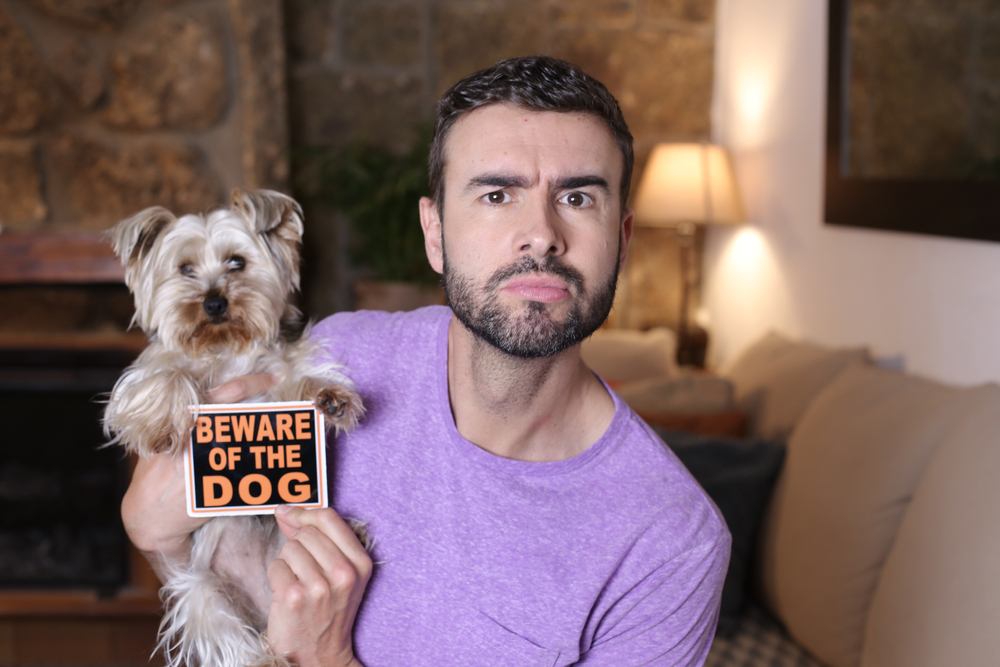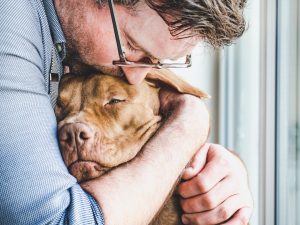These dogs are not the best choice when it comes to protecting your home.
Others are reading now
When choosing a guard dog, it’s essential to find a breed with the right instincts and traits.
A good guard dog should be alert, territorial, and naturally wary of strangers.
However, some breeds lack these qualities, making them poor choices for the job.
Dogs that are too friendly, lazy, or easily distracted rarely take their guarding duties seriously.
Also read
They may bark, but they often fail to respond effectively to potential threats.
That’s why it’s crucial to consider temperament and behavior when looking for a dog to protect your home.
Golden Retriever
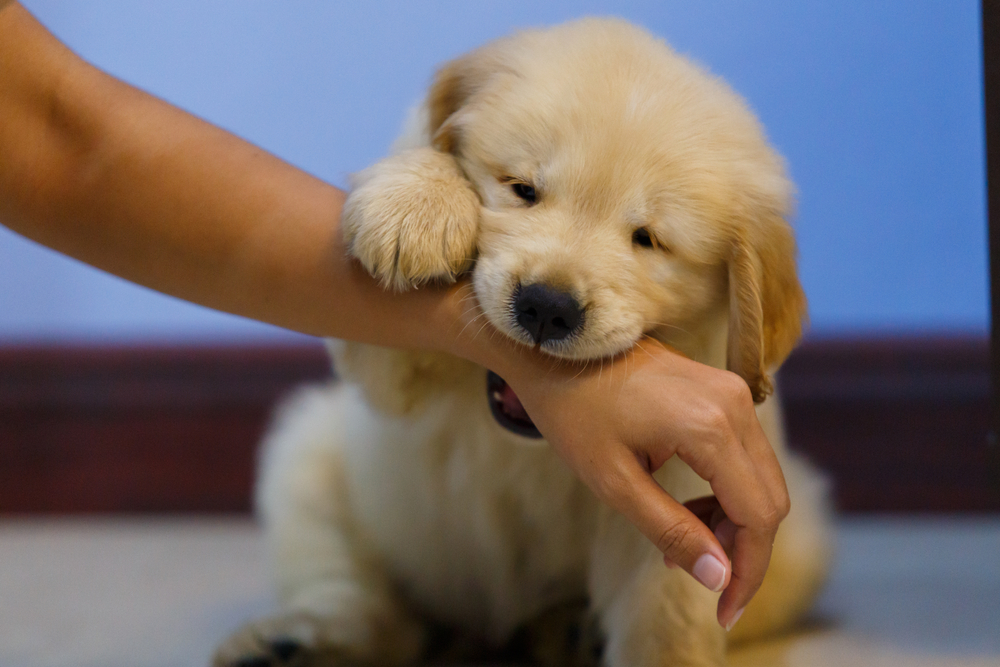
-
Extremely friendly and loves people, even strangers.
-
More likely to greet intruders with a wagging tail than suspicion.
-
Has a strong desire to please and rarely seeks confrontation.
Labrador Retriever
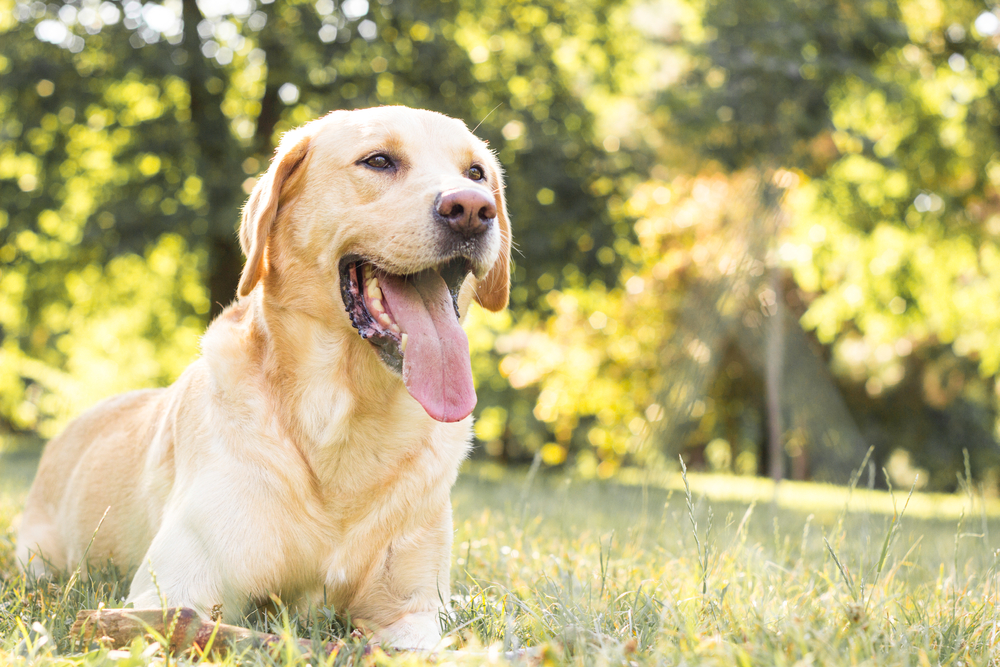
-
Known for its extreme friendliness and playful nature.
-
More interested in attention and games than guarding the home.
-
Would likely wag its tail and play with a burglar rather than deter them.
Beagle

-
Stubborn and easily distracted by scents, making it unreliable as a guard dog.
-
Not particularly territorial and rarely shows aggression toward strangers.
-
May bark but often loses interest quickly.
Basset Hound
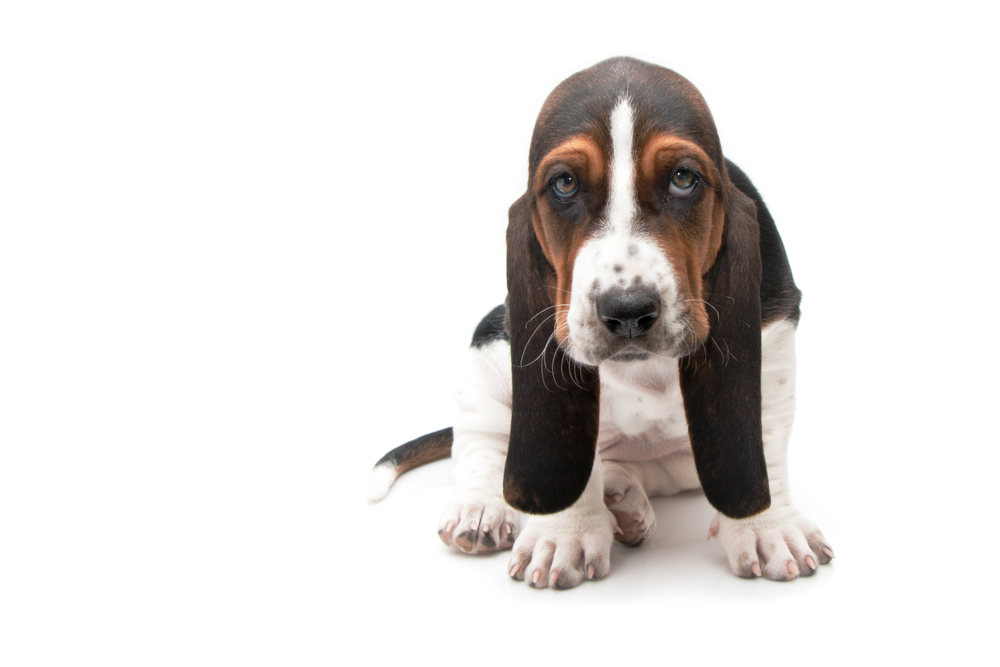
-
Slow-moving and relaxed, making it ineffective in responding to threats.
-
Lacks the alertness and suspicion required for a good guard dog.
-
More likely to be napping than standing guard.
Bulldog
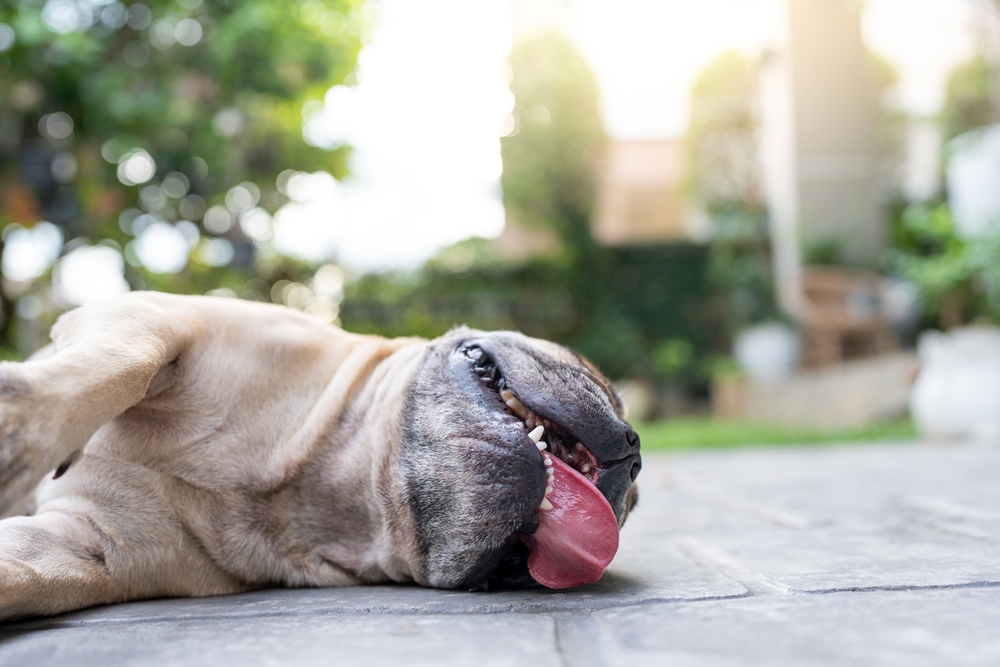
-
Has a lazy and calm nature, making it ineffective as a guard dog.
-
Loves people, including strangers, and is rarely aggressive.
-
More inclined to snore than scare off intruders.
Cavalier King Charles Spaniel
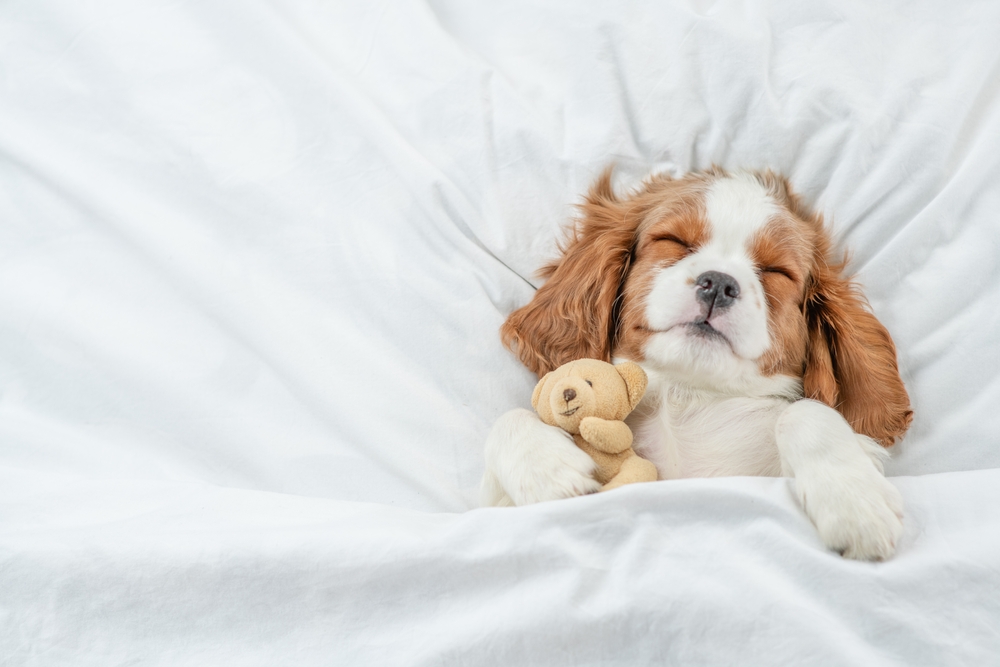
-
Very affectionate and constantly seeks human contact.
-
Lacks the instinct to guard and would rather be cuddled than alert to danger.
-
Might bark briefly but will quickly seek attention from the stranger.
Newfoundland
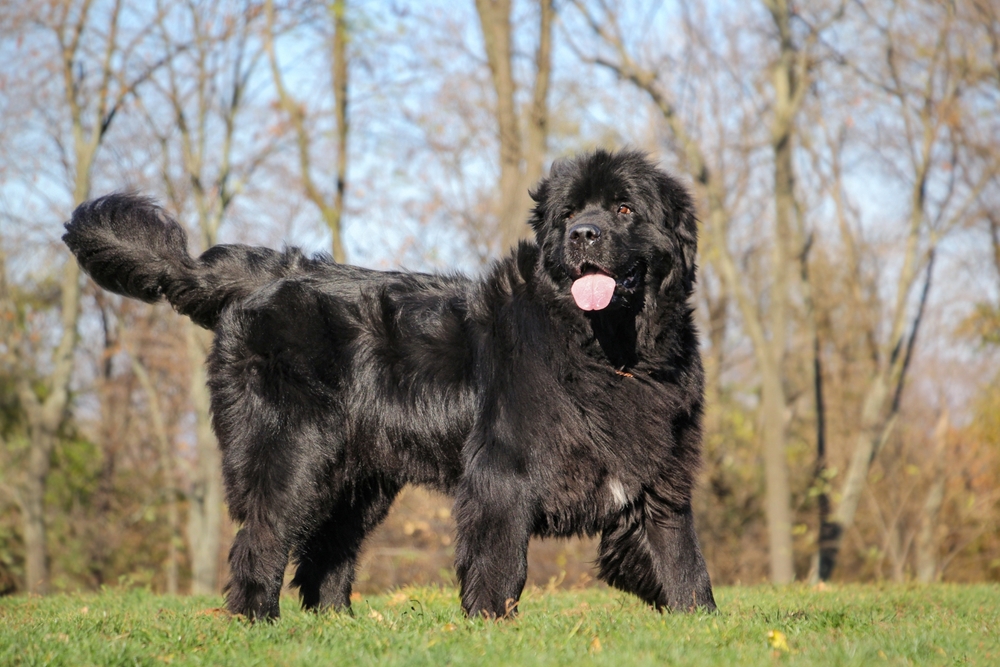
-
A giant dog with a gentle and friendly temperament.
-
Rarely aggressive and often sees strangers as potential friends.
-
Protects only in extreme cases and usually prefers to avoid conflict.
Chihuahua
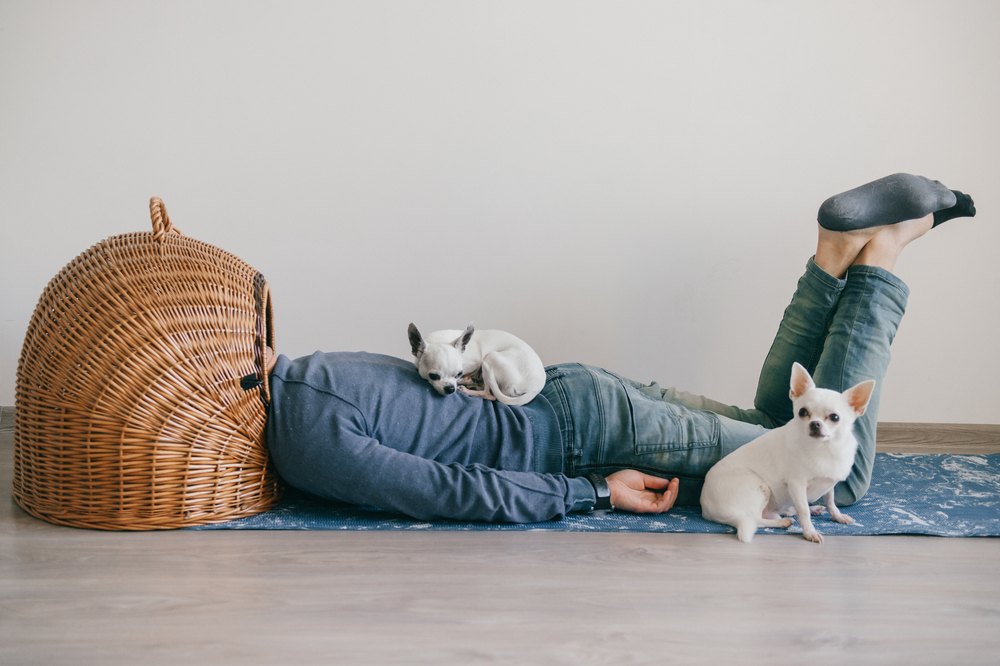
-
Barks often and may seem alert but is too small to pose a real threat.
-
Nervous and insecure, making it more annoying than intimidating.
-
Likely to hide if faced with a real threat.
Shih Tzu
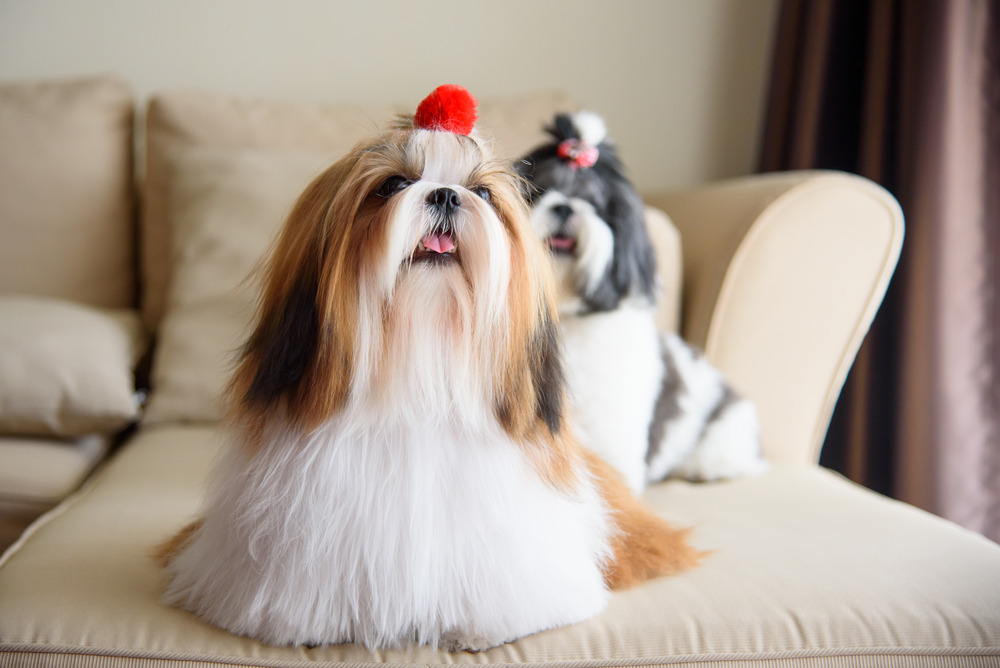
-
Small and sociable, with a laid-back approach to life.
-
May bark at noises but rarely takes its guarding role seriously.
-
Prefers lounging on a lap over watching the home.
Pug
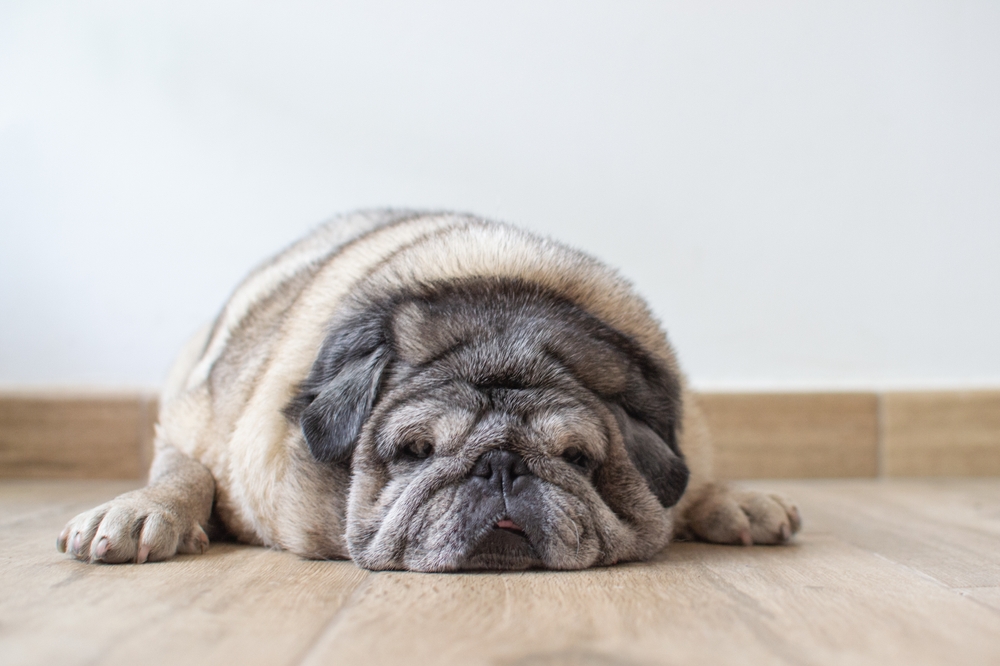
-
More interested in relaxing than standing guard.
-
Has a friendly nature and prefers greeting strangers over scaring them away.
-
Lacks both alertness and territorial instincts.
Whippet
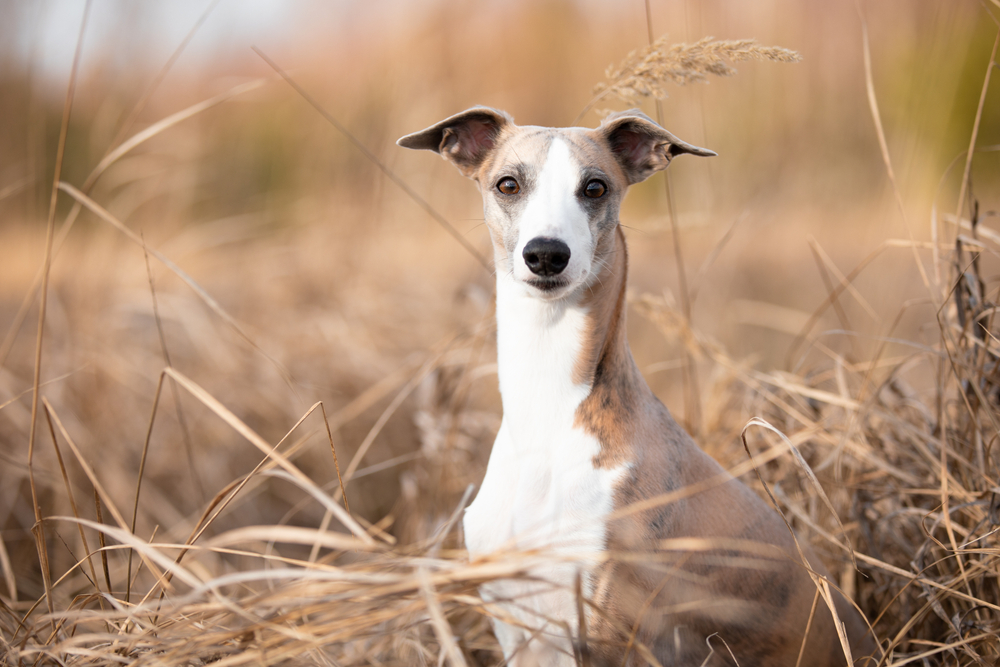
-
Extremely fast but uninterested in guarding or protecting.
-
Not very territorial and more likely to flee than confront a threat.
-
Prefers a peaceful and comfortable life without conflicts.
Maltese
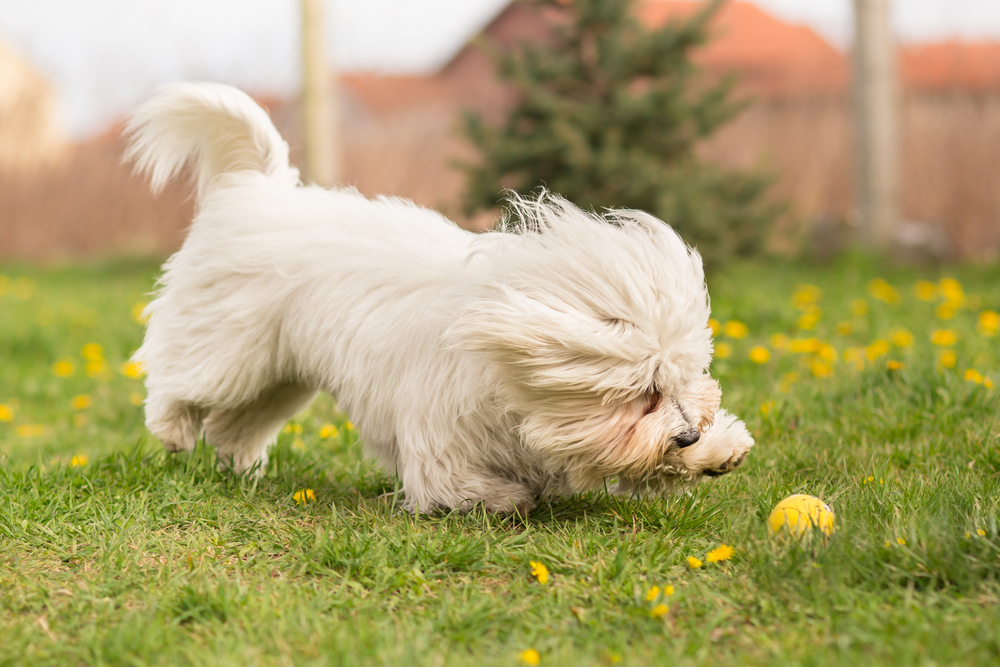
-
Too small to pose a real threat to intruders.
-
Loves people and has a playful, friendly nature.
-
May bark but won’t be a serious obstacle for an intruder.
Chow Chow
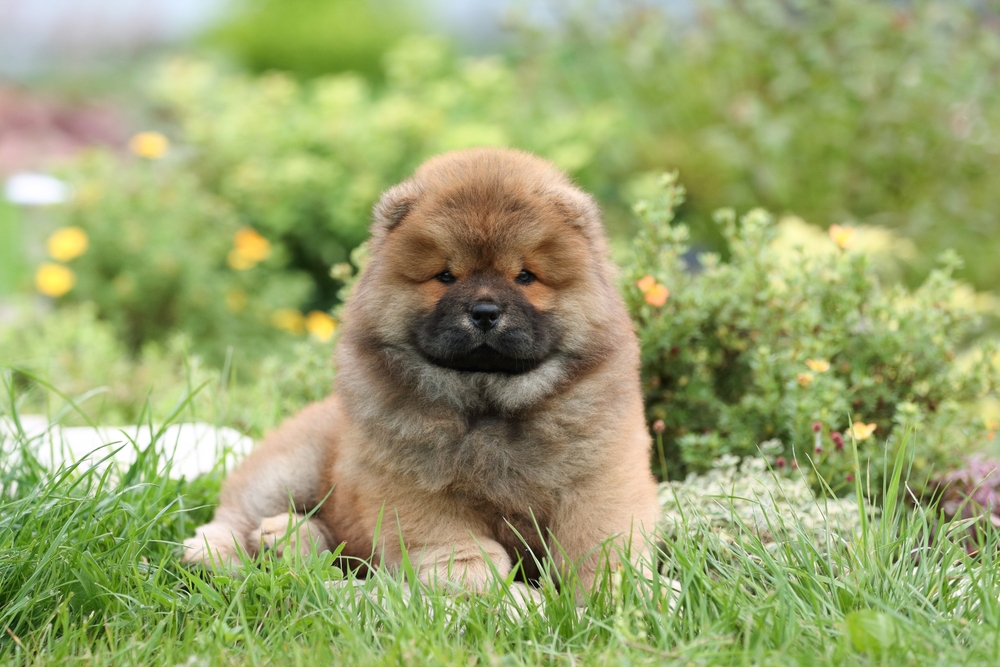
-
Can be reserved but is often lazy and indifferent toward strangers.
-
Lacks the quick reactions expected from a guard dog.
-
Prefers ignoring strangers rather than confronting them.
Bernese Mountain Dog
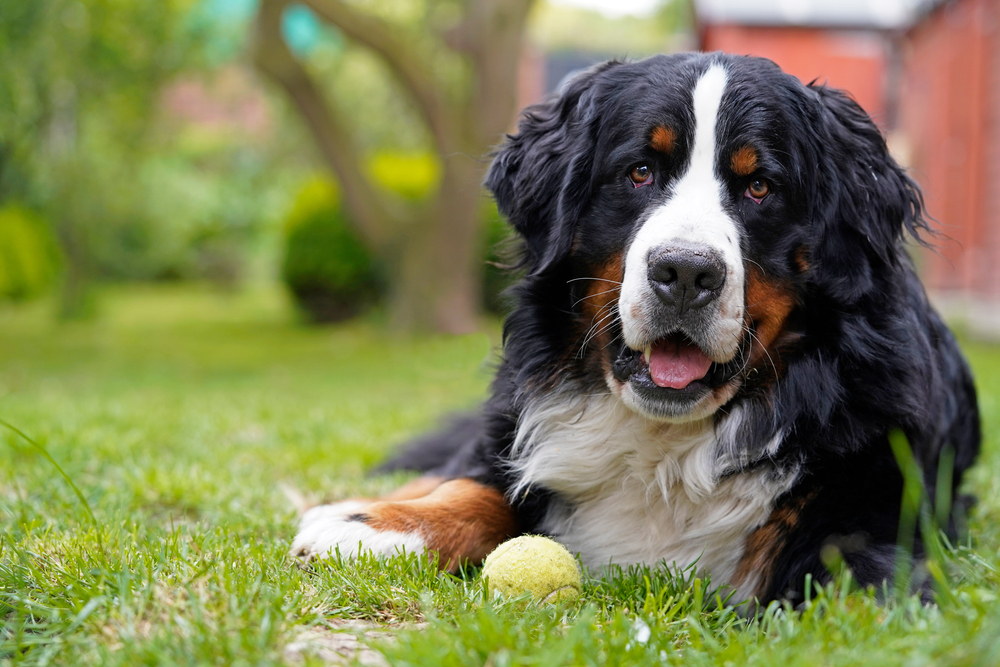
-
Large and friendly but rarely alert or aggressive.
-
Sees most people as potential friends rather than threats.
-
May protect its family in extreme cases but is generally too gentle for guard duties.
Pekingese
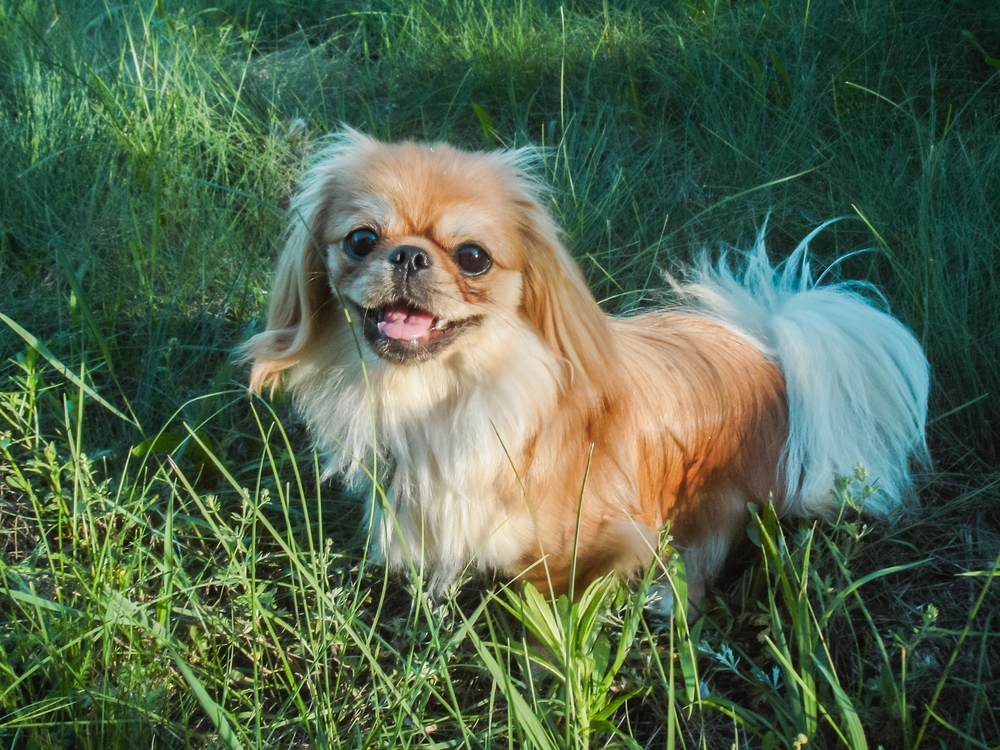
-
Small and stubborn but not an effective guard dog.
-
May be wary of strangers but lacks the necessary strength.
-
Prefers lounging in a cozy chair over watching the home.

